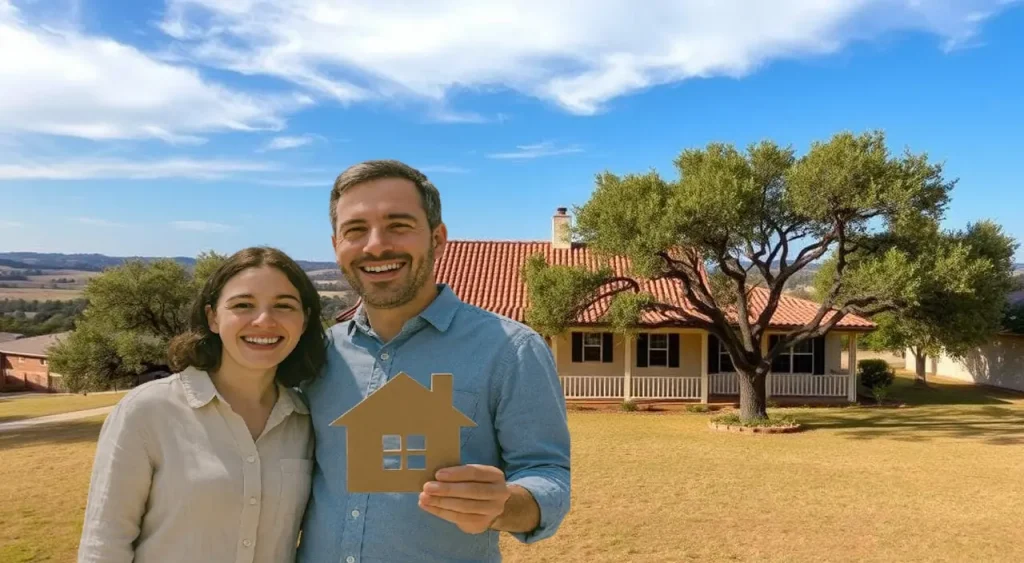Current Market Trends and Statistics
Texas has over 29 million people living in the state, with an estimated annual population growth of 1.5%. This booming population is driving the Texas real estate trends, making the state an attractive option for renting out property in Texas. The average cost of a single-family home in Texas is $247,210 as of July 2021, making it more affordable compared to other states.
Why Texas is Attractive for Landlords
Texas is a landlord-friendly state, with relaxed rental laws compared to other parts of the country. The state has no legal limit on the amount a landlord can request as a security deposit, and landlords must return a tenant’s security deposit within 30 days if the lease obligations are met. Additionally, landlords in Texas have the right to use a tenant’s security deposit to cover the costs of cleaning or repairs beyond ordinary wear and tear.
Regional Rental Price Variations
While Texas offers affordable housing overall, there are regional variations in rental prices across the state. For example, the Fair Market Rent in Texas ranges from $734 for a 2-bedroom apartment in Zavala County to $1,434 for a 2-bedroom unit in the Austin-Round Rock metropolitan area. These regional differences can provide opportunities for landlords to find the most suitable markets for their investment properties.
Legal Requirements and Regulations for Texas Landlords
Renting out your property in Texas comes with specific legal obligations for landlords. Texas rental laws differ from other states in several key aspects. Landlords must disclose essential information to tenants, including authorized representatives and tenant rights for repairs. While there is no legal limit on security deposit amounts, late rent payment penalties are enforceable.
The eviction process in Texas follows a precise timeline, typically starting with a 3-day notice to vacate, unless the lease specifies otherwise. Landlords must return security deposits within 30 days of a tenant’s move-out. Although Texas does not require a statewide landlord license, some local jurisdictions may have their licensing requirements. Landlords must ensure their properties meet all legal fire and safety regulations.
